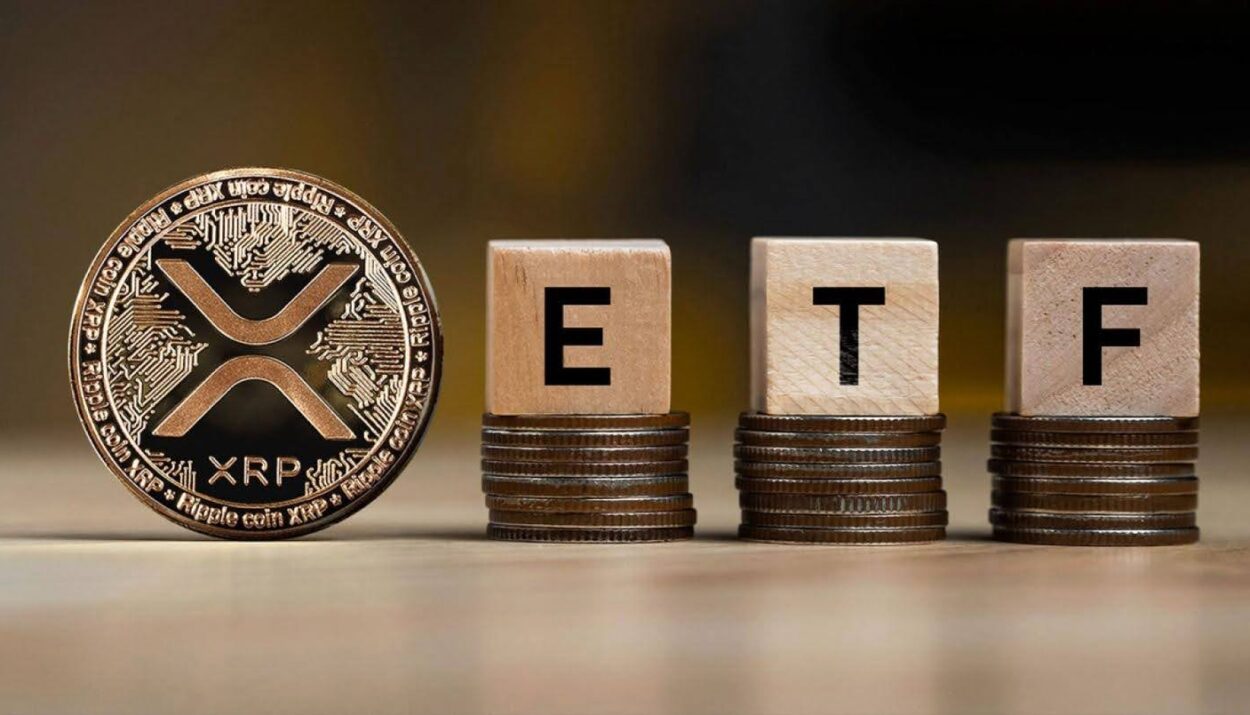What is an XRP ETF and Why is it Important?
An XRP ETF (Exchange-Traded Fund) allows investors to gain exposure to XRP without directly owning or storing the cryptocurrency. This provides a regulated and convenient entry point for both retail and institutional investors, potentially increasing adoption and market activity.
How Could an XRP ETF Shape Regulatory Clarity?
An XRP ETF, if approved by the SEC, would signal greater acceptance of cryptocurrencies as legitimate financial assets. This could lead to clearer regulations, benefiting not just XRP but the broader crypto industry.
What Does Ripple’s Legal Fight Mean for ETF Approval?
Ripple’s ongoing legal battle with the SEC centers on whether XRP is a security. The case outcome is pivotal for regulatory clarity. A favorable ruling could set precedents for crypto classifications, influencing future ETF approvals.
How Might Political Changes Shift Crypto Regulations?
The political landscape plays a critical role in crypto regulation. A Trump administration might adopt a pro-crypto stance, accelerating ETF approvals. Conversely, under current leadership, stricter regulation could slow progress.

What Benefits Could an XRP ETF Bring to Institutional Investment?
An XRP ETF would offer a regulated investment avenue, attracting institutional capital to XRP. This could increase market liquidity, stability, and adoption, fostering broader acceptance of crypto as an asset class.
How Would XRP ETFs Impact Crypto to Fiat Exchange Processes?
XRP ETFs could streamline cross-border payments, benefiting businesses through faster and cheaper transactions compared to traditional banking methods. Increased liquidity and trust from ETFs would enhance XRP’s utility for such payments.
What Could This Mean for Crypto Asset Management?
The legal distinctions around XRP—being a security in institutional sales but not in retail transactions—may shape future classifications of crypto assets. This clarity could influence crypto fund management strategies and product offerings.
Could a Change in SEC Leadership Influence Crypto Fund Management?
New SEC leadership could adopt lenient policies, facilitating the launch of more crypto funds and products. This would contrast with the current administration’s stricter enforcement and pave the way for broader market innovation.
What Could Be the Market Reaction to XRP ETFs?
Approval of an XRP ETF would likely boost investor confidence, driving positive market sentiment. This could lead to higher demand for XRP and encourage broader crypto market participation.
What Are the Potential Wider Regulatory Implications?
A push for the U.S. to become a leader in blockchain and cryptocurrency could bring sweeping regulatory reforms, including changes in SEC policies. This may result in a friendlier environment for crypto innovation and investment.
Conclusion
An XRP ETF represents a potential turning point for the cryptocurrency market. It could bring regulatory clarity, institutional interest, and mainstream legitimacy, shaping the future of crypto investments in the U.S. and beyond.










